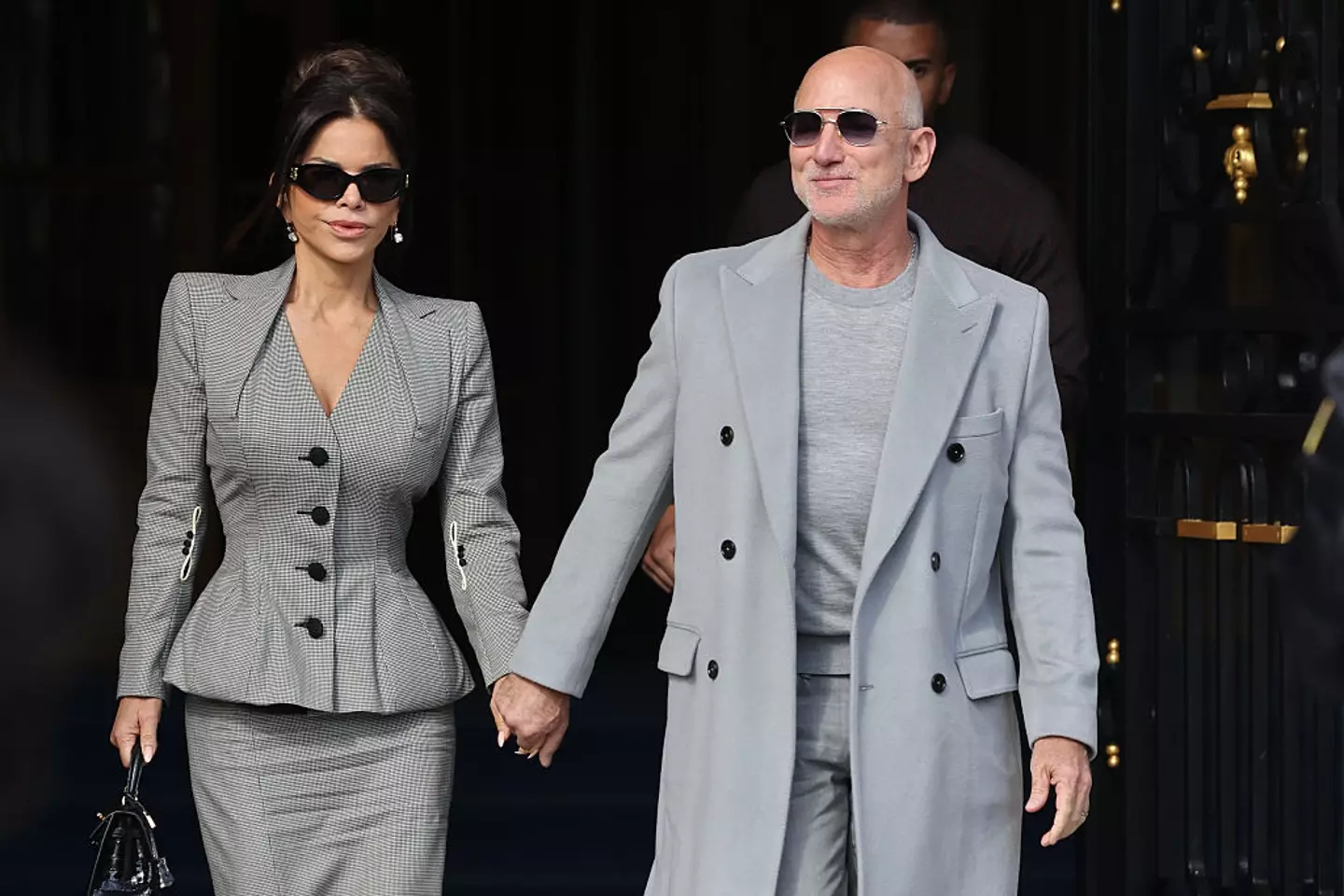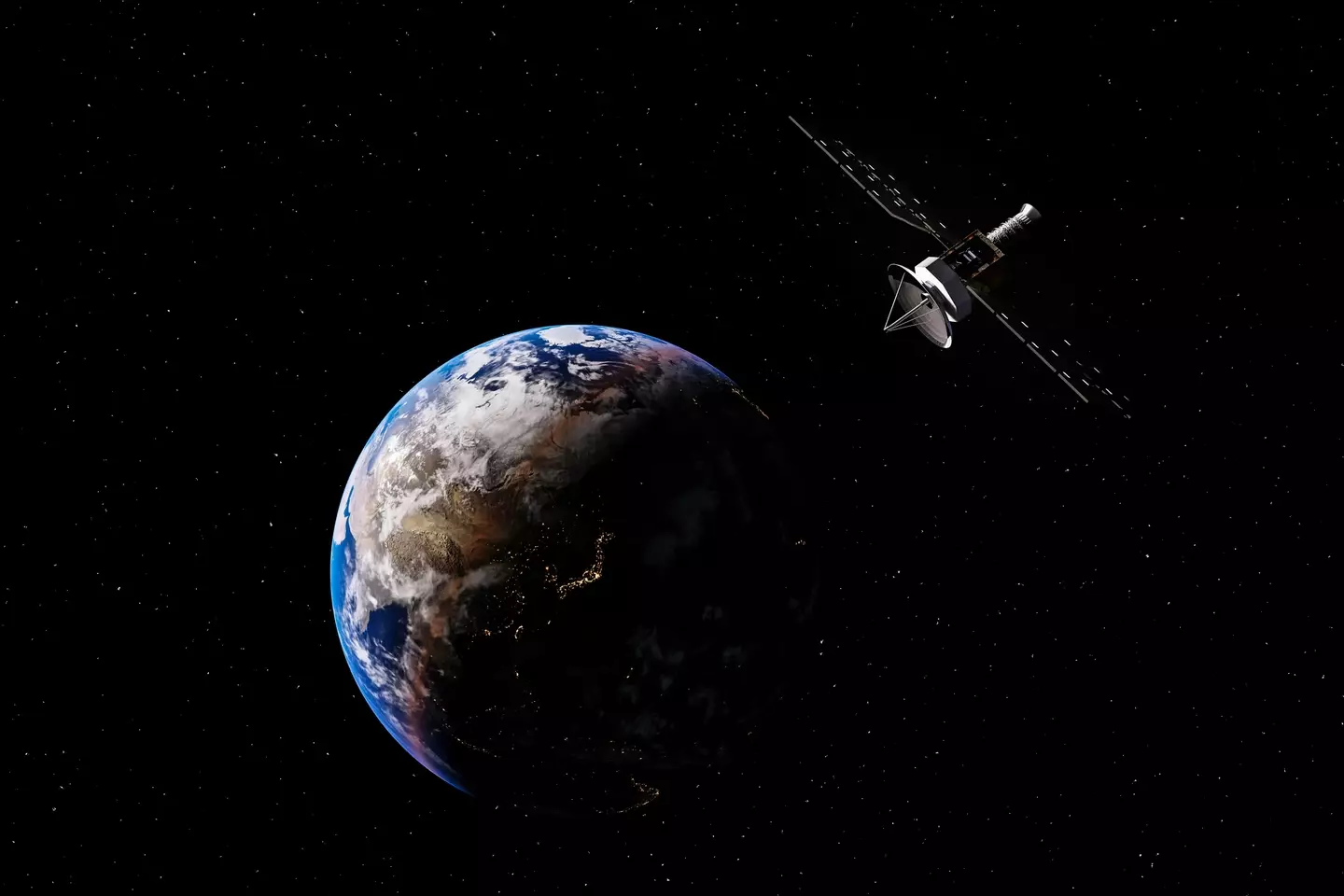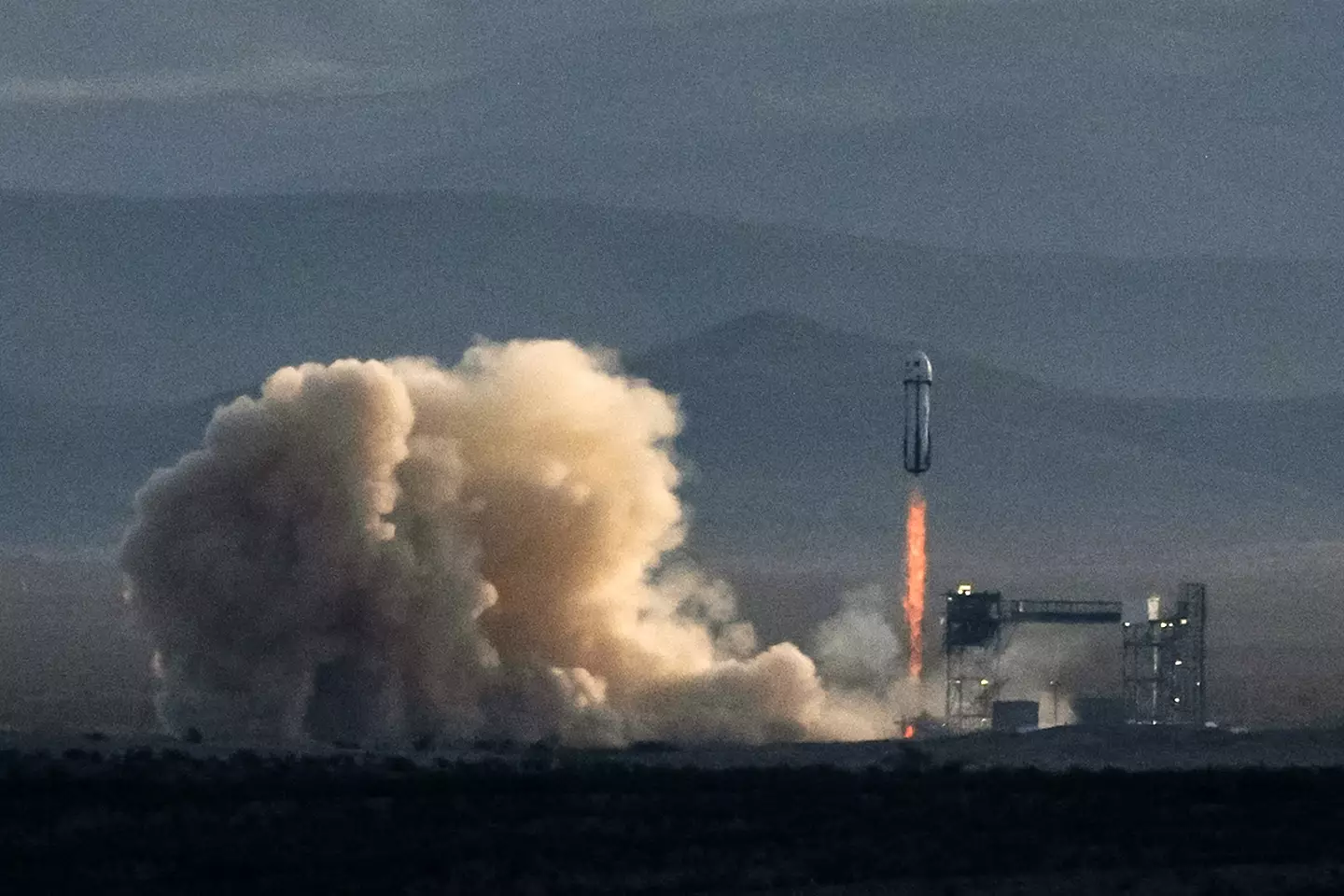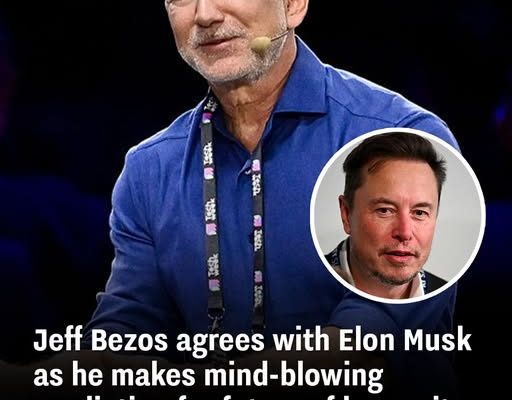Jeff Bezos has some loft ideas for the future of humanity, and he’s managed to settle on the same idea as Elon Musk that would dramatically change how (and where) we live in the next few decades.
It’s easy enough to be optimistic about developments surrounding artificial intelligence when you’re benefitting significantly from it, yet Amazon founder Jeff Bezos can’t quite fathom how anyone on Earth couldn’t be excited for the future.
Amid fears of mass redundancy and the immense pressure that increased AI development is putting on the environment, Bezos proclaimed during Italian Tech Week 2025 that “I don’t see how anybody can be discouraged who is alive right now.”
He remains someone that is extremely excited for the future humanity, joining individuals like Elon Musk and Bill Gates in his enthusiasm for what AI and advanced technologies will bring to the planet, and he’s proposed a dramatic change that could even settle humans in space for the very first time.

Jeff Bezos believes that humans will soon choose to live in space (Stefano Guidi/Getty Images)
As reported by Fortune, Bezos outlined that “in the next kind of couple of decades, I believe there will be millions of people living in space,” adding “that’s how fast this is going to accelerate.”
It’s certainly a compelling prospect for some, and perhaps a realistic one considering how much progress development of AI has achieved in just the last three years alone.
He added that people will “mostly be living there because they want to,” and that “we don’t need people to live in space,” although with terrifying changes to the climate looming in the inevitable future, perhaps we might be forced to find a new home.
Bezos has even come up with a solution to the daily commute that plagues many workers, suggesting that “if you need to do some work on the surface of the Moon or anywhere else, we will be able to send robots to do that work, and that will be much more cost-effective than sending humans,” although there’s no suggestion for where that will leave everyone that doesn’t occupy a place on lists of the world’s richest individuals.

Robots will be sent to do work on the Moon instead of humans, according to the Amazon founder (Neil Mockford/Getty Images)
This isn’t the only space-related innovation that Bezos made during his talk either, as he proposed that AI data centers would soon find a home as solar-powered satellites, perhaps solving the issues that have currently cropped up amid mass expansion.
There’s likely a number of hurdles that need to be surpassed before these dreams of living in space can be realized though, as it’s still been over half a century since astronauts have been on the Moon, leaving little prospect of the average person going even further any time
soon.
Jeff Bezos makes shocking prediction for humanity’s future in stunning new interview
Jeff Bezos has outlined an unexpected prediction for the future of AI development, and it could play a key role in curbing the accelerating demand for the technology.
There is no doubt that artificial intelligence is taking over the world, and while some have claimed that it’s all a big bubble waiting to be popped, the numbers certainly can’t be denied.
All that demand has to be met with an equal about of supply though – and that’s power in the case of AI – and many of the world’s biggest companies are scrambling to open up data centers that help provide that.
These aren’t without their issues though, as while on the side of the companies they’re expensive and can be slow to construct, whereas for everyone else they can be incredible invasive to the lives of local residents, bump up electricity costs, and pose a serious climate threat to the future of the planet if you go by the already staggering environmental impact of AI tools.

Data centers have started popping up all across the country, and have come with their own issues (Kyle Grillot/Bloomberg via Getty Images)
Amazon founder Jeff Bezos believes that he has found a solution to this problem though, outlining a shocking prediction for the future in a new interview as part of the Italian Tech Week in Turin.
Similar articles to this
As reported by the New York Post, Bezos outlined that he believes that AI companies will turn to space to build their data centers in the future, with gigawatt-scale facilities possible within the next 10 to 20 years.
While this might seem like a wild and improbable idea at first glance, it does technically make sense thanks to the amount of solar power that a structure like this in space would generate, thanks to the conditions and more direct exposure to the Sun.
“These giant training clusters, those will be better built in space, because we have solar power there 24/7,” Bezos explained. “There are no clouds and no rain, no weather. We will be able to beat the cost of terrestrial data centers in space in the next couple of decades.”

Bezos believes that solar powered AI data centers will be reality in the next couple of decades (Getty Stock)
This would hypothetically forgo much of the immediate impact of data centers on Earth, as it wouldn’t be drawing from any resources and would be powered entirely through clean and renewable energy.
Something similar has already been achieved with weather and telecommunications satellites – of which Bezos has recently invested in heavily with his space agency Blue Origin – and it could serve as the perfect opportunity change how AI is powered.
Unfortunately it wouldn’t be without any downsides though, as it would be unpredictable on this scale, potentially costly to launch, and likely challenging to maintain due to the difficulty of getting engineers to and from the data center itself.

Jeff Bezos has sent a mystery passenger into space, with their identity being kept secret until after the flight is completed.
This comes after Blue Origin launched its latest vehicle in a bid to venture into space tourism.
Taking off from the firm’s Texas facility on Wednesday (October 8), the New Shepard vehicle took six people to the edge of space, marking its 15th human flight.
This is the first time since the program started in 2021 that it has carried an unnamed passenger whose identity is being kept secret from the public.
Blue Origin shared that the flight would go ahead with ‘an undisclosed sixth crew member who asked to remain anonymous until after the flight’.
The five other members are franchise executive Jeff Elgin, electrical engineer Clint Kelly, entrepreneur Danna Karagussova, startup founder Aaron Newman and real estate investor Vitalii Ostovsky.
The cost of a ticket for a spot onboard the spacecraft, which offers you a 10 minute ride up to space and back, is between $200,000 and $300,000.
This hasn’t come without its criticism though, with some experts citing environmental issues this could bring.
In a study published in the AGU journal Earth’s Future, a team of researchers wrote: “Routine space tourism launches may undermine progress made by the Montreal Protocol in reversing ozone depletion in the Arctic springtime upper stratosphere.
“[Soot] particles from rockets are also of great concern, as these are almost five hundred times more efficient at warming the atmosphere than all other sources of soot combined.”
This isn’t the first time a launch has been widely criticized as, earlier this year, there was discourse on singer Katy Perry’s decision to take part in a Blue Origin trip.
Perry jetted off alongside TV personality Gayle King, civil rights activist Amanda Nguyen, film producer Kerianne Flynn, rocket scientist Aisha Bowe, and journalist Lauren Sánchez who is the wife of Bezos.

Jeff Bezos sent a mystery passenger into space this week (Justin Hamel/Getty Images)
And according to a report by TheGamer, the flight had such a negative impact on the environment that it broke an infamous record held by Taylor Swift.
While it’s hard to properly quantify the exact amount of carbon emissions generated by both Swift’s private jet usage and lengthy tour and Blue Origin’s space launch, it has been indicated that the 11 minute trip that Perry took part in likely had a larger impact overall.
However, one passenger who took part this week, Karagussova, has argued that there is a good reason for the space flights.
She said: “By exploring new horizons, we not only advance technology but also expand our own capabilities. For me, Mission NS-36 with Blue Origin is part of a research project and a step toward a dream I have been working on for many years.”



